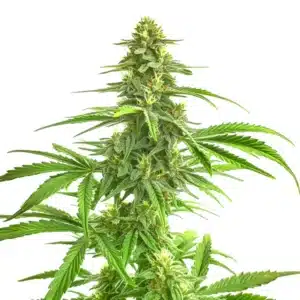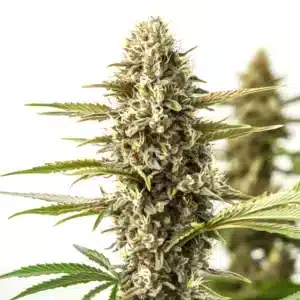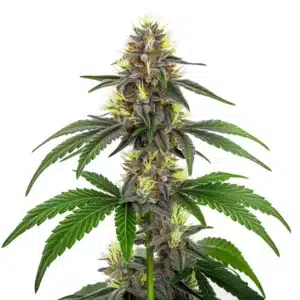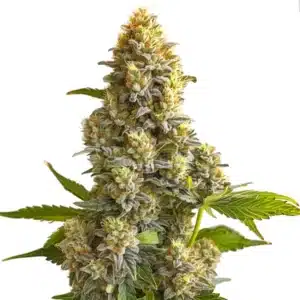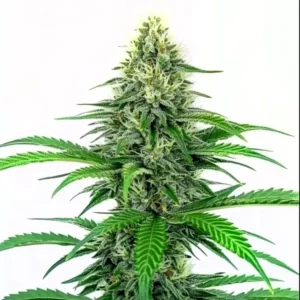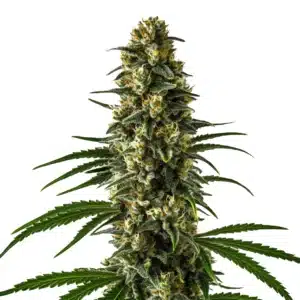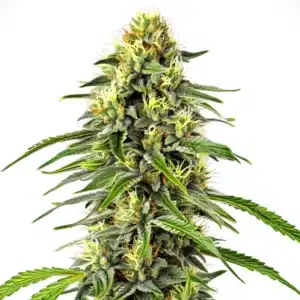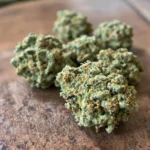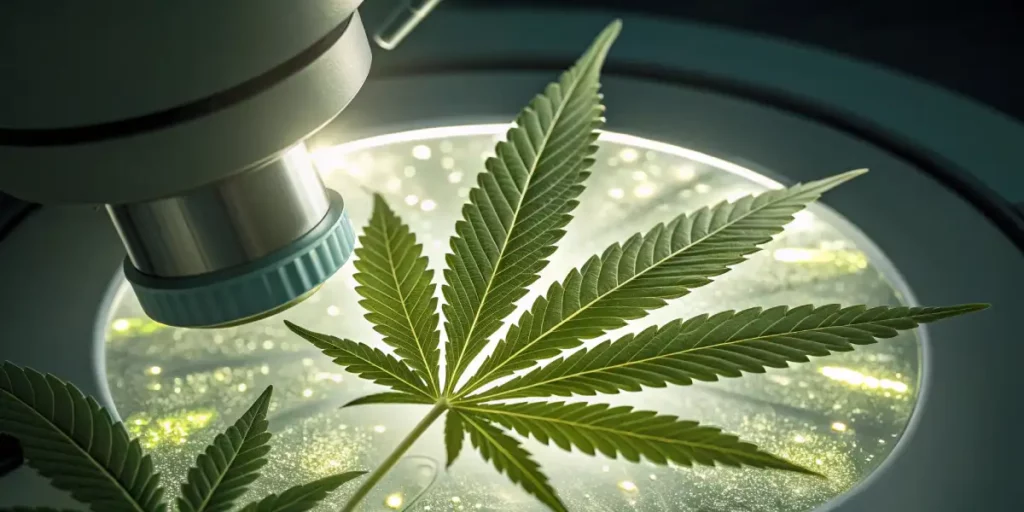
Importance of Flavonoids in Cannabis
When discussing the potency and quality of cannabis, most people focus on cannabinoids like THC and CBD. However, there’s another group of compounds that play a crucial part – flavonoids. So, why are flavonoids important in cannabis cultivation?
Flavonoids are among the largest nutrient families known to scientists, and they’re responsible for vivid colors in most of our foods. In cannabis, they have crucial roles in smell, flavor, and overall plant health. And it’s not just about aesthetics and taste. The health benefits of flavonoids in cannabis are gaining attention, including anti-inflammatory and antioxidant properties.
Recommended Strains
Wombat
|
|
THC | 18% - 20% (Medium) |
|
|
Type | Feminized |
|
|
Yield | High |
|
|
Phenotype | 45% Indica / 55% Sativa |
Orient Auto
|
|
THC | 12% - 15% (Low) |
|
|
Type | Autoflowering |
|
|
Yield | Medium |
|
|
Phenotype | 70% Indica / 30% Sativa |
As we delve deeper into the world of cannabis, the function of flavonoids continues to emerge as a central theme. Their role in enhancing the plant’s health, color, smell, and taste significantly contributes to the overall quality of various cannabis strains.
Flavonoids and Cannabis Strains
Flavonoids contribute significantly to the distinct characteristics of different cannabis strains. For instance, the Wombat strain is known for its unique flavor and aroma, a feature largely attributable to its flavonoid profile. The Orient Automatic strain, on the other hand, offers a different palette of flavors and scents, again thanks to its flavonoids.
Each cannabis strain has a unique flavonoid profile that gives it a distinctive personality. By knowing how these compounds influence a strain’s characteristics, breeders can develop new strains with specific effects, flavors, and aromas.
Promos & Deals
Role of Flavonoids in Cannabis Potency
Flavonoids play a significant part in determining the potency of cannabis. They interact with cannabinoids and terpenes to create what’s known as the entourage effect. This phenomenon refers to how different cannabis compounds work together to enhance the plant’s overall effects. For instance, the BC Diesel strain possesses a high THC content. When combined with its unique flavonoid profile, users may experience a more potent, balanced effect.
The importance of flavonoids in cannabis potency goes beyond just the psychoactive effects. They also contribute to the therapeutic properties of the plant, enhancing the medicinal value of different cannabis strains.
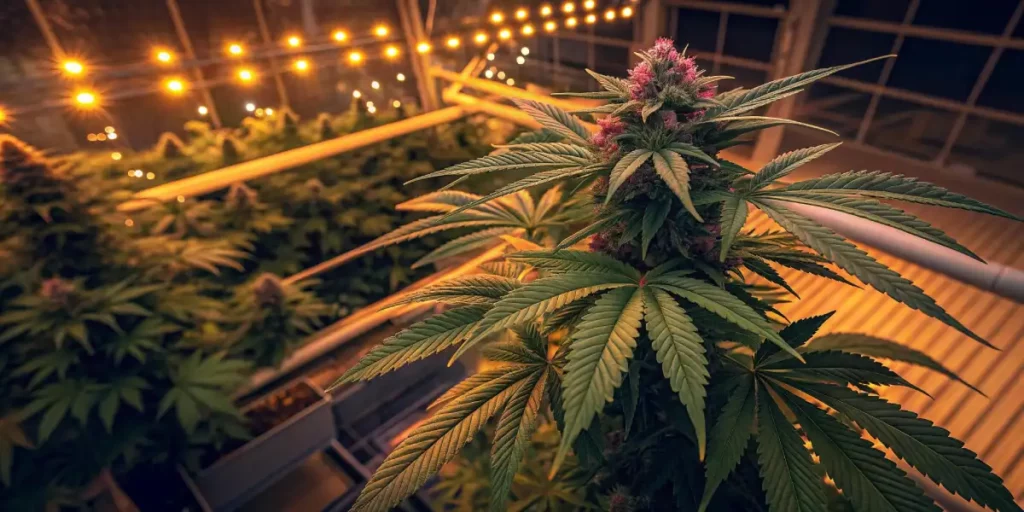
Medical Importance of Flavonoids in Cannabis
Research on the medical importance of cannabis flavonoids is growing. Studies suggest that these compounds may have anti-inflammatory, anti-cancer, and neuroprotective properties. This means flavonoids could potentially help with conditions such as arthritis, cancer, and neurodegenerative diseases.
Flavonoids may also contribute to the pain-relieving effects of cannabis. The potential health benefits of flavonoids in cannabis could lead to breakthroughs in how we approach pain management, neuroprotection, and even cancer treatment. However, further studies are required to fully substantiate these claims.
Preserving Flavonoids: The Importance of Drying and Curing
It’s crucial for both growers and consumers to understand that the rich profile of flavonoids present in a living plant is not guaranteed in the final product. The preservation of these delicate compounds depends almost entirely on the skill of the cultivator during the post-harvest process.
The drying and curing phase is essential for maintaining the flavonoids and terpenes in the buds. A slow, carefully controlled process allows these valuable compounds to be protected and fully expressed. Conversely, a bad, overly rapid drying process or an improper cure will cause the plant to lose almost all of its flavonoids and terpenes in just a few days. This is why some cannabis may look good but lack a distinct aroma or taste.
Ultimately, the best flavor and effects are achieved through patience. Cannabis flowers typically reach their maximum expression of terpenes and flavonoids approximately 3 months after being harvested, a testament to a proper and lengthy cure.
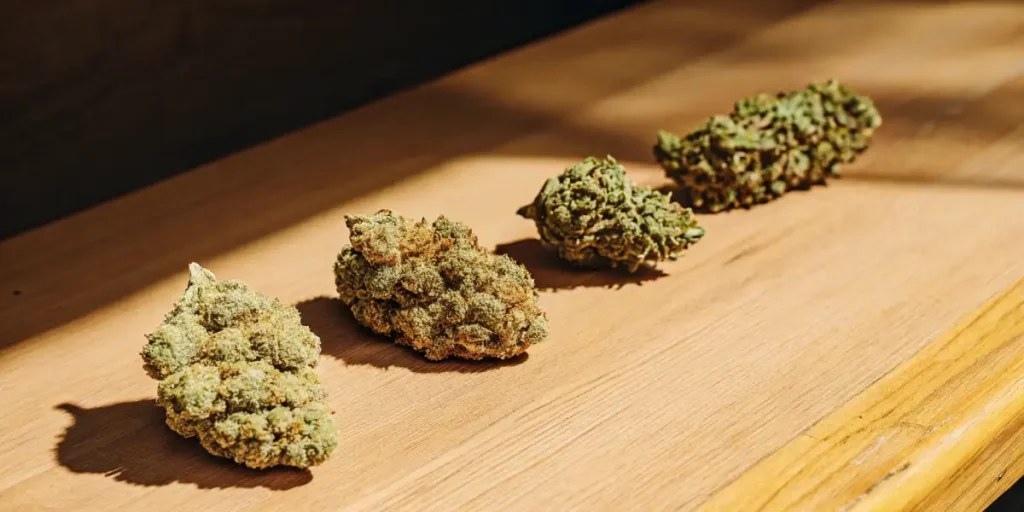
FAQs
What are flavonoids?
Flavonoids are a group of plant metabolites thought to provide health benefits through antioxidant effects. In cannabis, they are responsible for some of the subtle differences in smell, flavor, and color between different strains.
Why are flavonoids important in cannabis cultivation?
Flavonoids contribute to the plant’s overall health, helping to protect it from pests and diseases. They also influence the plant’s smell and taste and play a significant role in the potency of cannabis through the entourage effect.
What are some health benefits of flavonoids in cannabis?
The health benefits of flavonoids in cannabis are numerous. They’ve been found to have anti-inflammatory and antioxidant properties. Some flavonoids may also have neuroprotective properties and contribute to the pain-relieving effects of cannabis.
Do all cannabis strains have flavonoids?
Yes, all cannabis strains contain flavonoids. However, the type and concentration of flavonoids can vary greatly between strains, which gives each strain its unique characteristics.
Are flavonoids responsible for the color of cannabis?
Yes, flavonoids are partially responsible for the color of cannabis. These compounds are known to give fruits and vegetables their vibrant colors, and they do the same for cannabis.


